

Lisa Austin is the Chair of Law and Technology and a professor in the University of Toronto’s Faculty of Law. Austin is a Faculty Affiliate at the Schwartz Reisman Institute for Technology and Society where she also serves as an Associate Director (currently on leave). Austin was previously a co-founder of the IT3 Lab at the University of Toronto, which engaged in interdisciplinary research on privacy and transparency. Her research focuses on legal theory as well as law and technology. Austin’s extensive privacy work has been cited numerous times by Canadian courts, including the Supreme Court of Canada. In 2017, Austin received a President’s Impact Award from the University of Toronto. She is currently a Visiting Scholar at the Institute for Rebooting Social Media.
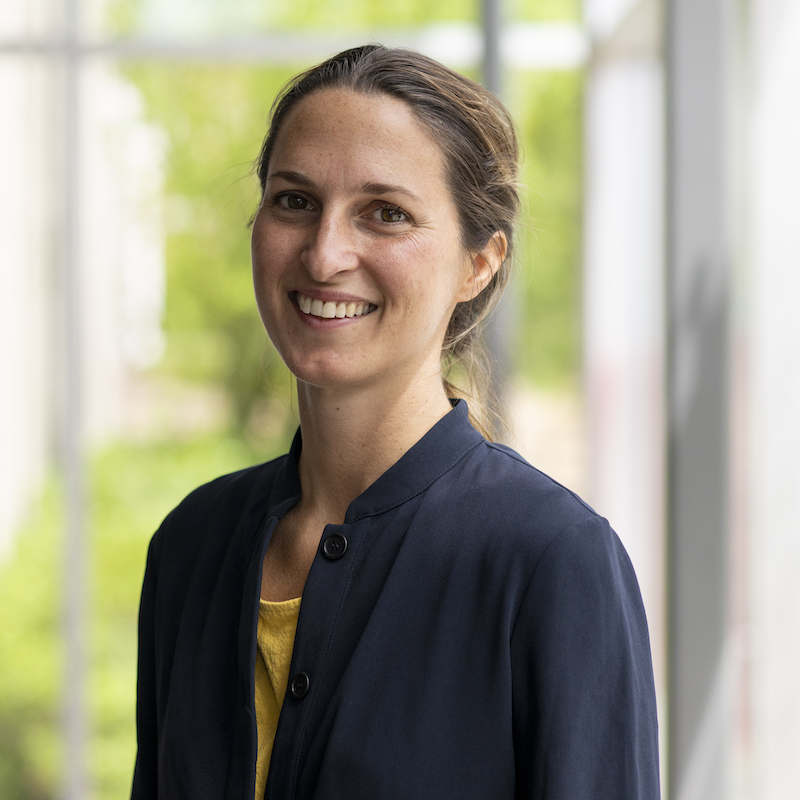
08/09/23 – Boston, MA – Elettra Bietti, Assistant Professor of Law and Computer Science, poses for a portrait in Dockser hall on Wednesday, Aug. 9, 2023. Photo by Alyssa Stone/Northeastern University
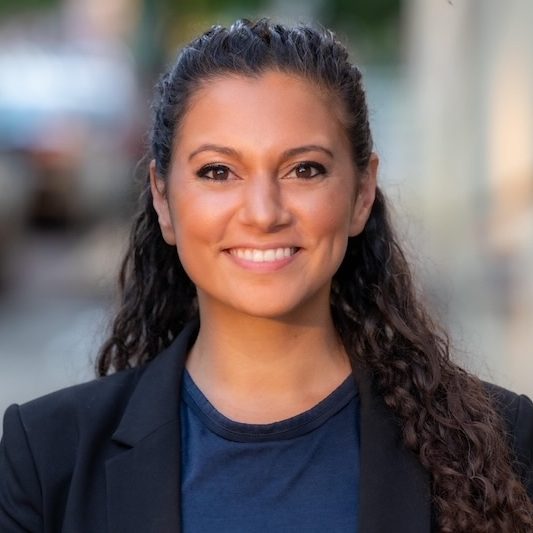
Delara Derakhshani is Director of Policy for the Data Transfer Initiative (DTI), a non-profit dedicated to empowering individuals by enabling effective data transfers. Before joining DTI, she advised on privacy, e-commerce, and accessibility issues in Meta’s Reality Labs division. Prior to Meta, Delara provided legal and policy counsel to major video game publishers and console manufacturers at the Entertainment Software Association and led the telecommunications and tech advocacy efforts at Consumer Reports. Delara has testified before Congress on privacy and technology and has appeared on several national and international media outlets. She received her JD from the Catholic University of America’s Columbus School of Law and her BA in Cognitive Science and Neuroscience from the University of Virginia.

Jeffrey Hall is a Professor of Communication Studies at the University of Kansas and a Visiting Scholar at the Institute for Rebooting Social Media. He studies how to elevate positive online experiences through meaningful social interaction and relationships.

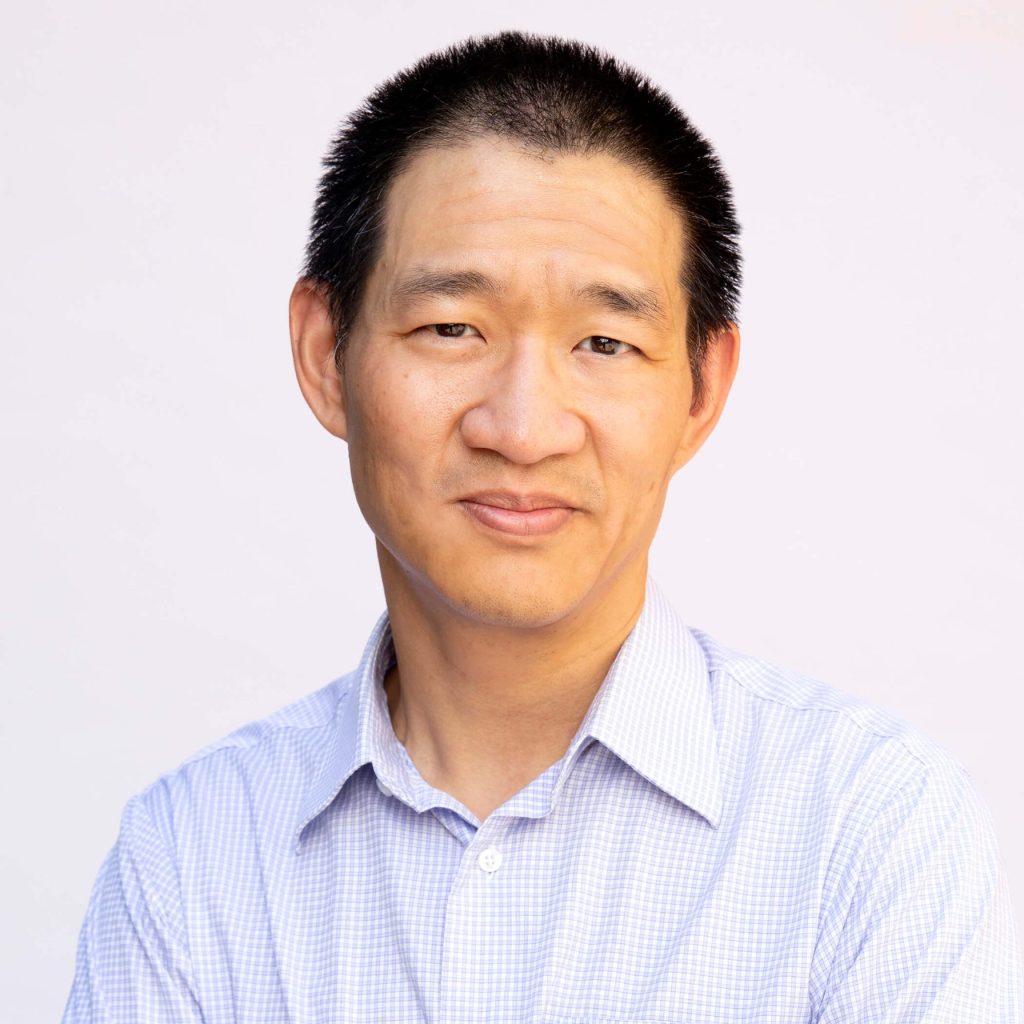
David Lie received his BASc from the University of Toronto in 1998, and his MS and PhD from Stanford University in 2001 and 2004. He is currently Professor in the Department of Electrical and Computer Engineering at the University of Toronto and a Tier 1 Canada Research Chair in Secure and Reliable Systems. He also holds appointments in the Department of Computer Science, the Faculty of Law and is a research lead with the Schwartz Reisman Institute for Technology and Society, an Associate Director at the Data Sciences Institute, a Vector Faculty Affiliate and a Senior Massey College Fellow. He is known for his seminal work on the XOM architecture, which was an early precursor to modern trusted execution processor architectures such as ARM Trustzone and Intel SGX. He was the recipient of a best paper award at SOSP for this work. He developed the PScout Android Permission mapping tool, whose datasets have been downloaded over 10,000 times and used in dozens of subsequent papers. David has served on various program committees including OSDI, Usenix Security, IEEE Security & Privacy, NDSS and CCS. David’s research interests are broadly focused in the areas or privacy and cybersecurity.
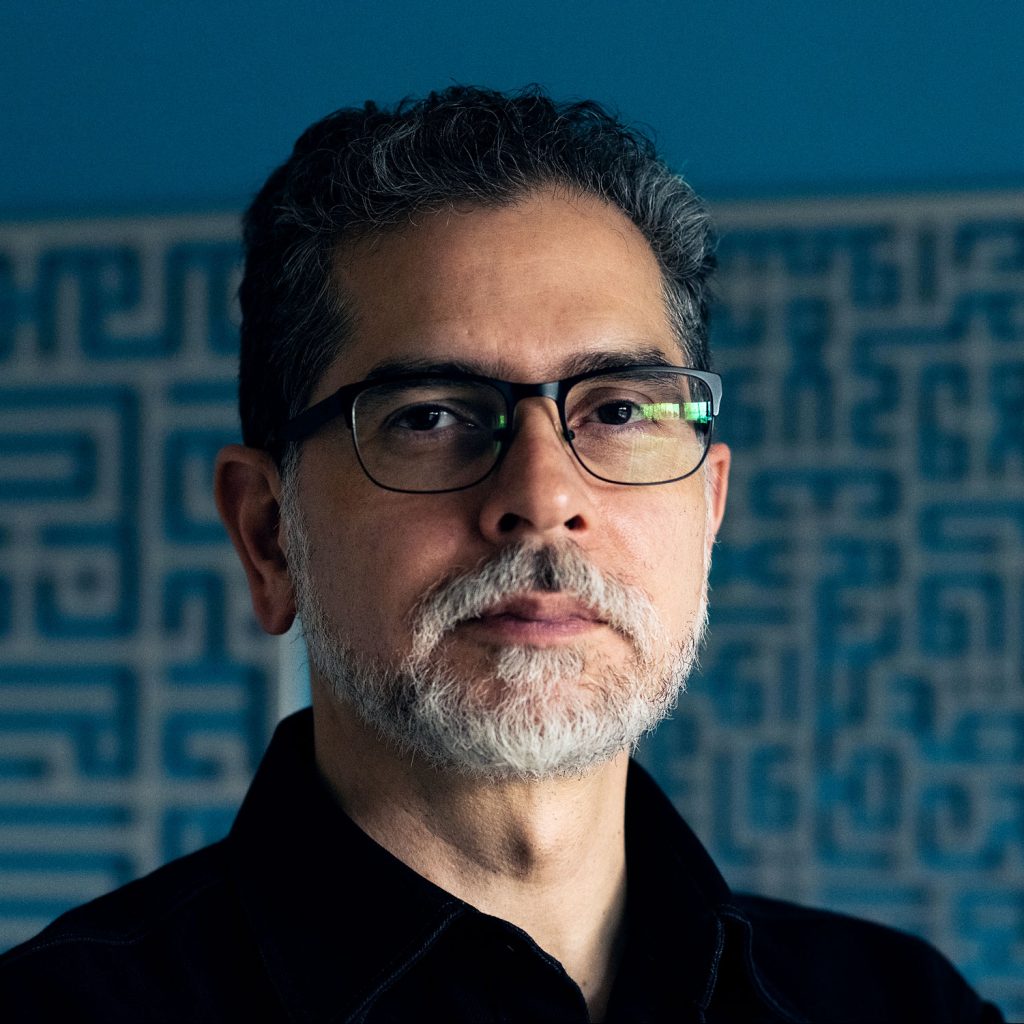
Ulises A. Mejias is professor of Communication Studies at SUNY Oswego, recipient of the 2023 State University of New York Chancellor’s Award for Excellence in Scholarship, and a Fulbright Specialist from 2021 to 2025. His new book, co-authored with Nick Couldry, is “Data Grab: The New Colonialism of Big Tech and How to Fight Back” (Penguin Random House). Dr. Mejias is co-founder of Tierra Común, a network of activists, educators and scholars working towards the decolonization of data (tierracomun.net), and he also serves on the board of Humanities New York, an affiliate of the National Endowment for the Humanities.
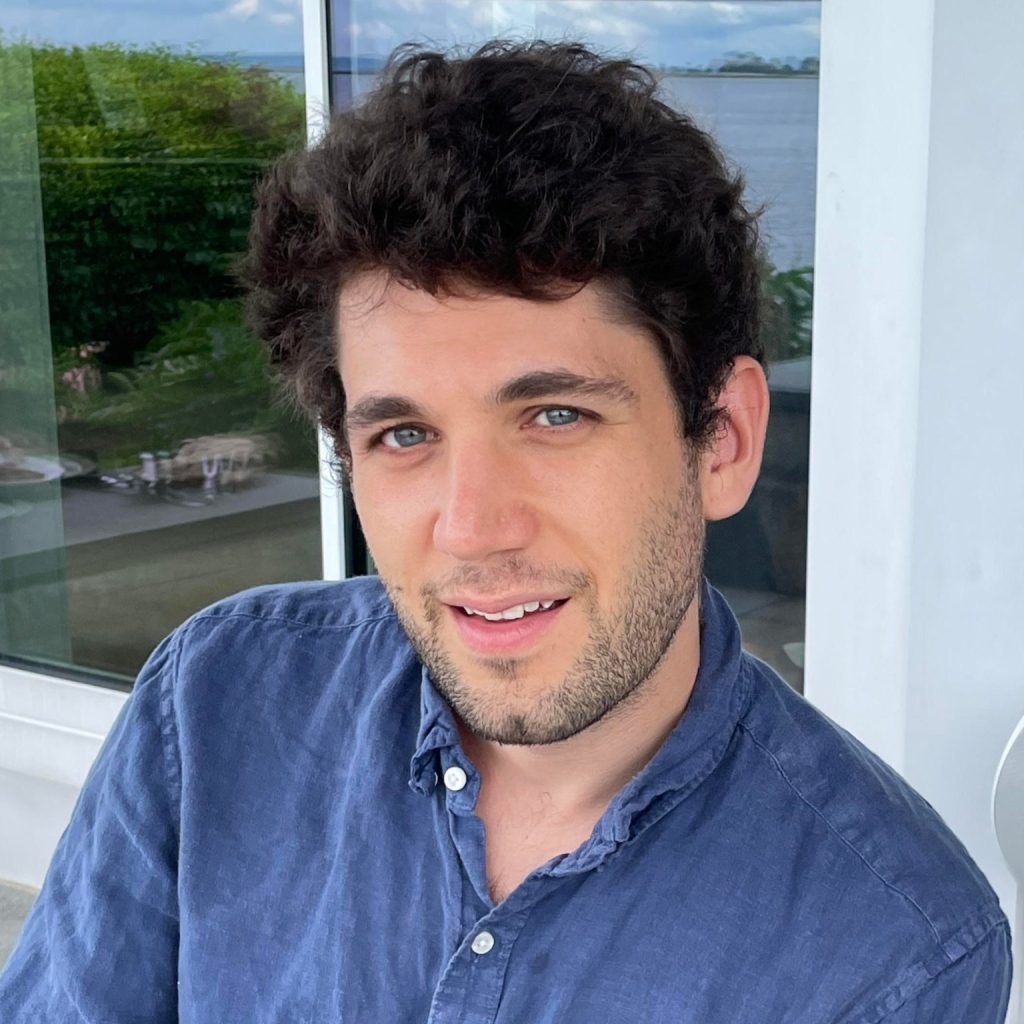
Gabriel Nicholas is a Research Fellow at the Center for Democracy and Technology and a Non-Resident Fellow at the NYU School of Law Information Law Institute. His research focuses on AI governance, data sharing, and content moderation. Gabriel is a software engineer by training and has a Masters in Information Management and Systems from the UC Berkeley School of Information. His written work has appeared in academic journals, law reviews, and media outlets, including The Atlantic, The Washington Post, and Slate.

Becca Ricks (she/her) is a researcher-programmer-artist exploring critical approaches to the design of AI/ML systems. She is the Head of Open Source Research & Investigations at Mozilla Foundation, where she leads a digital investigations lab studying how people interact with platform algorithms. In her work, Becca explores how users of tech platforms engage in forms of resistance to exercise control in the face of power asymmetries. Prior to Mozilla, Becca was an Open Web Fellow at Human Rights Watch and worked as a software developer in the tech industry. She was recognized as one of 100 Brilliant Women in AI Ethics in 2021. Becca is a founding member of tendernet, an art collective exploring critical design practices in AI. She holds a master’s degree from NYU-ITP.

Hilary Ross serves as a special projects advisor at GNI. She is a program consultant, primarily advising public interest technology policy organizations. She is interested in the governance of emerging technologies, transparency as a tool for accountability, freedom of expression, privacy and security, information integrity, and the future of news. Previously, she worked in industry on data transparency and on staff at the Berkman Klein Center, where she maintains an affiliation. Additionally, she’s been a fellow with the Federation of American Scientists Day One Project, the State of the Net Conference, and the Fulbright teaching program. Hilary holds an MA from the Fletcher School at Tufts University, with a specialization in technology policy and international communication.
